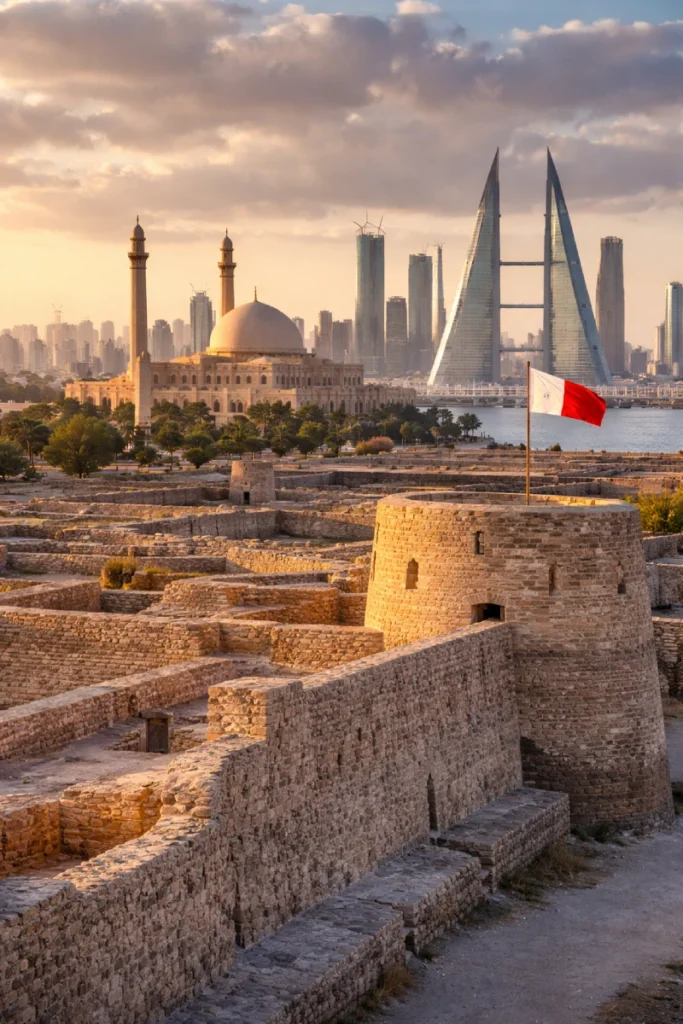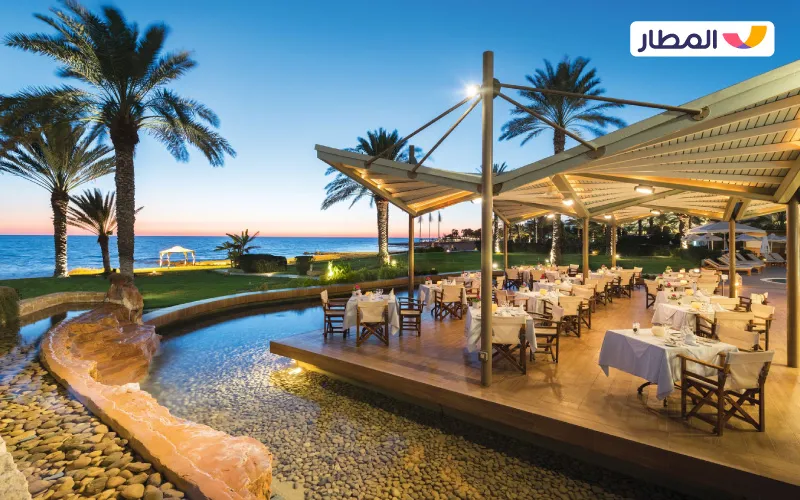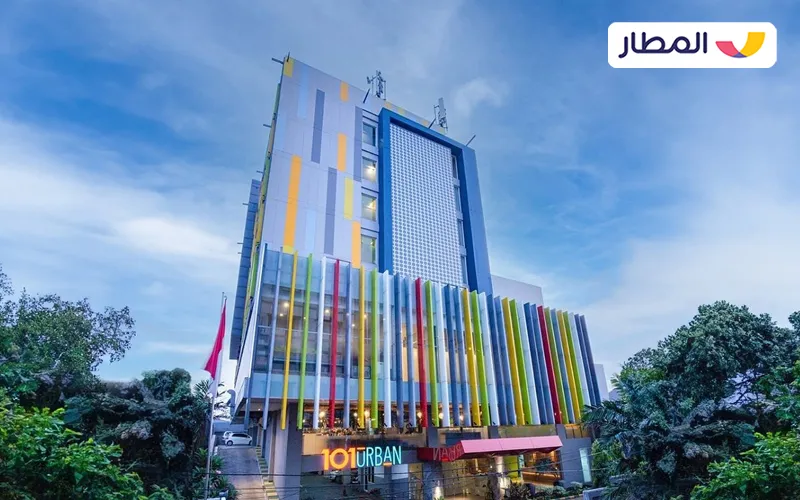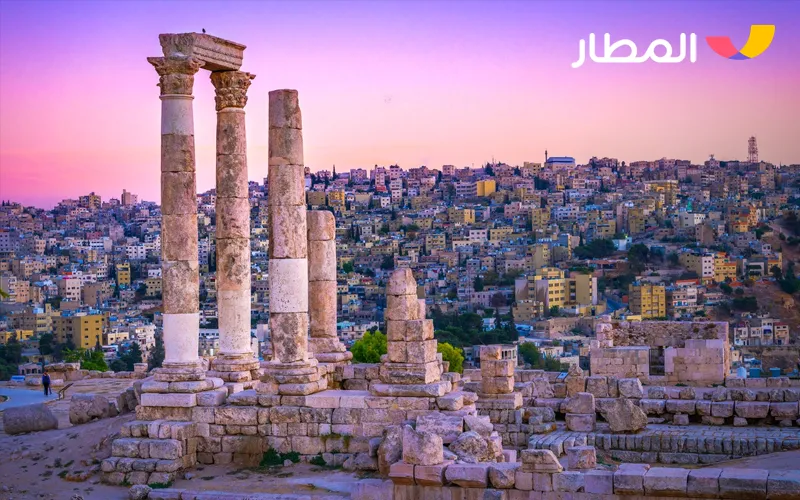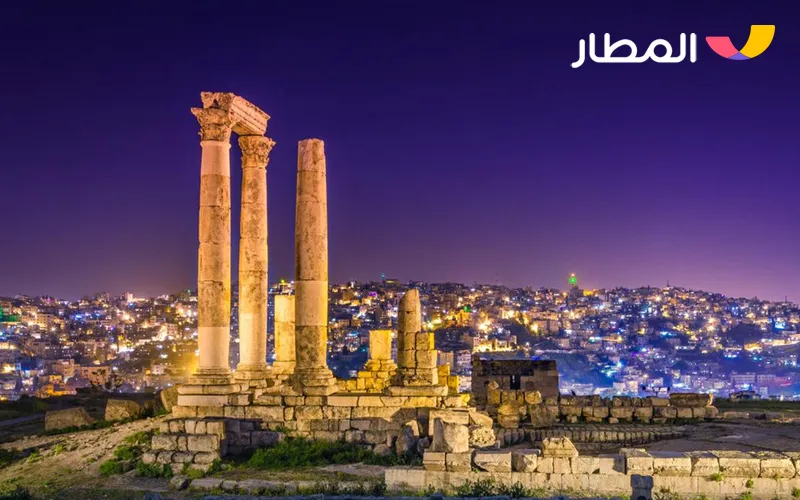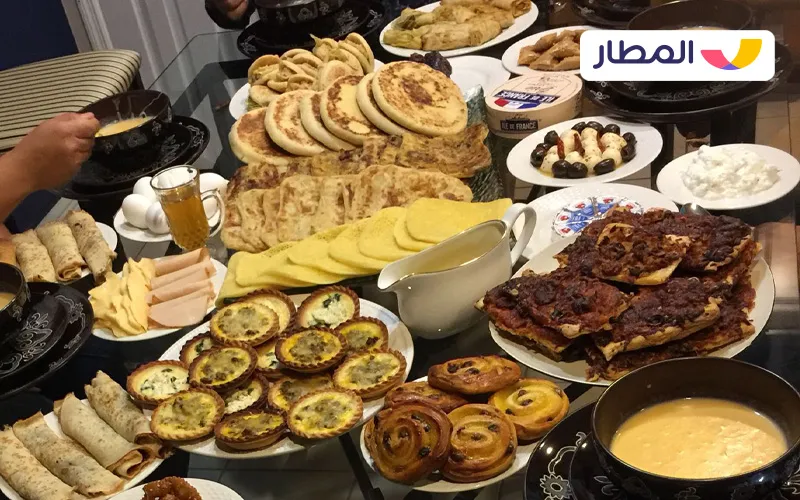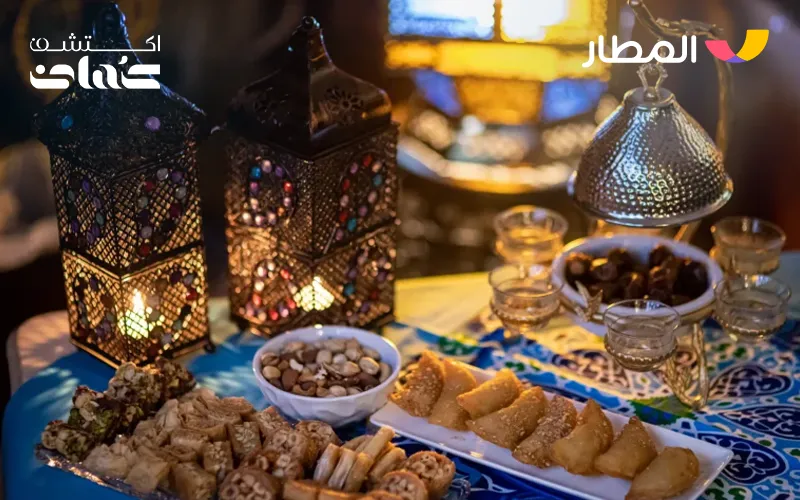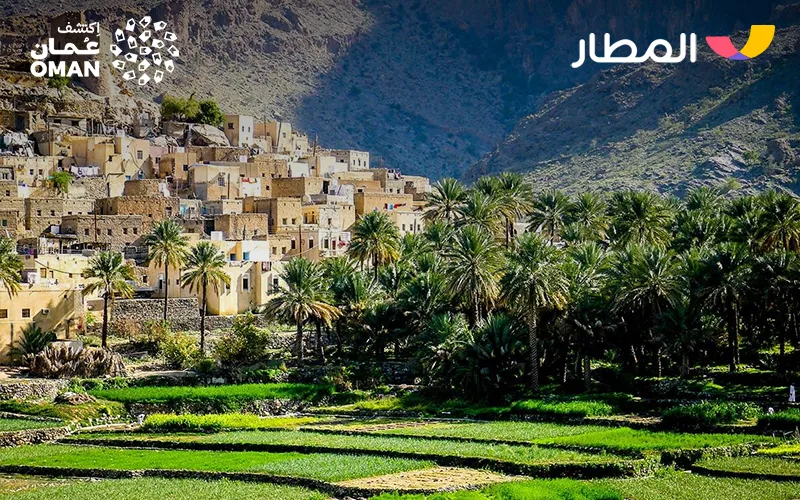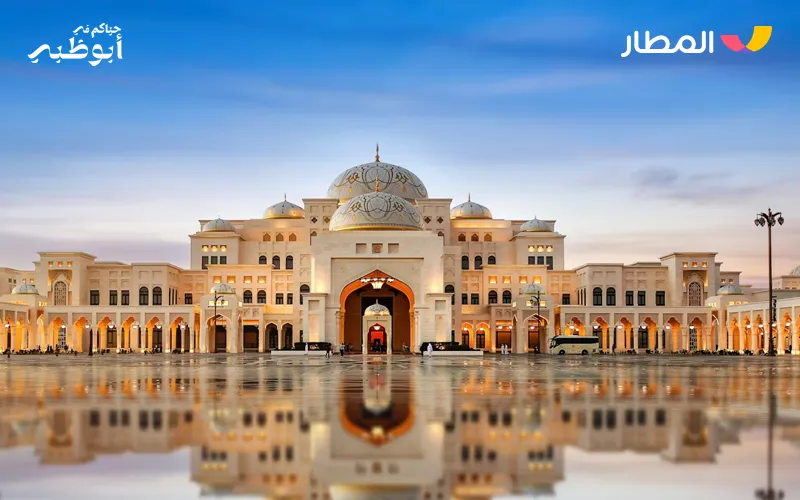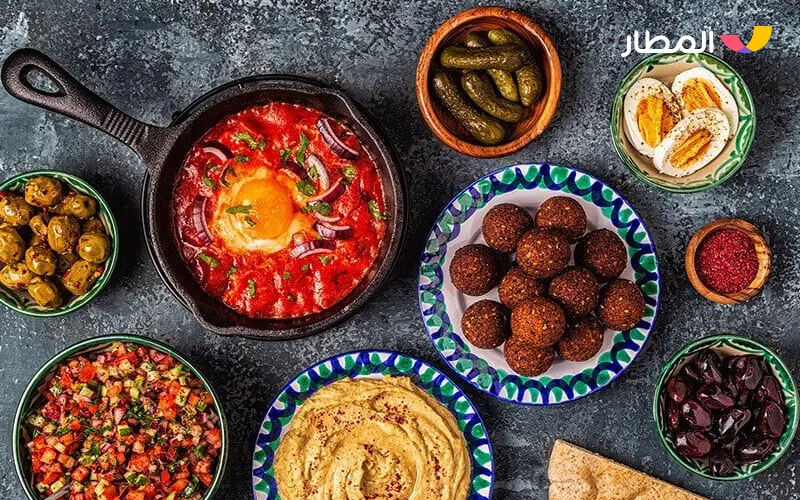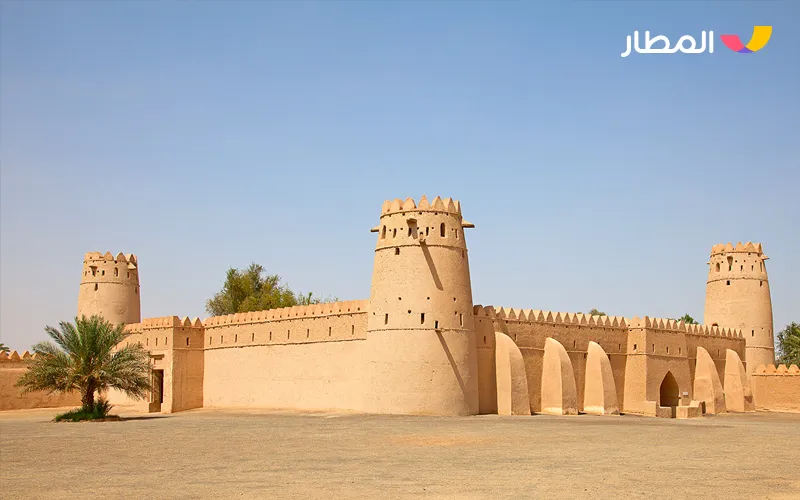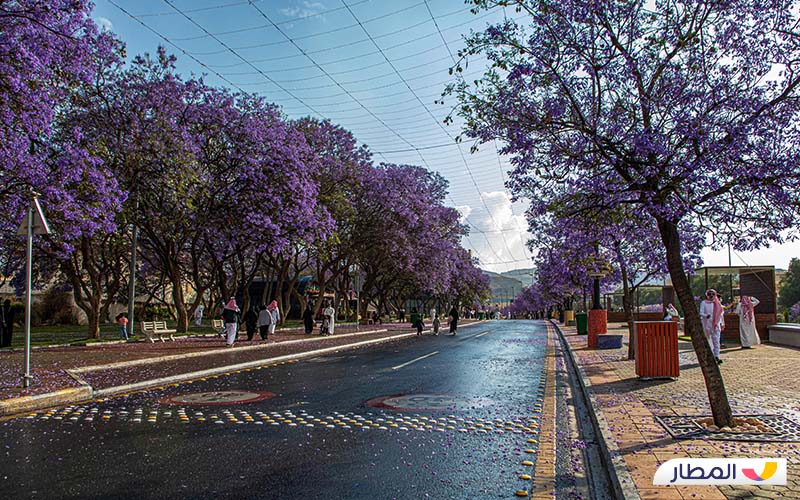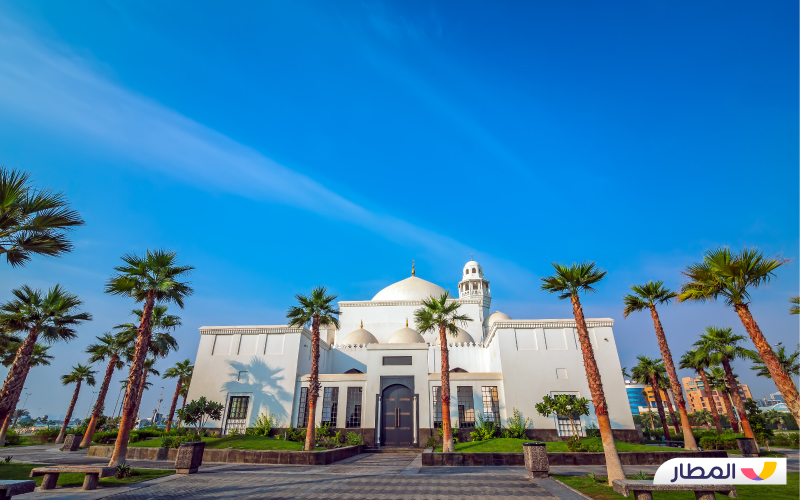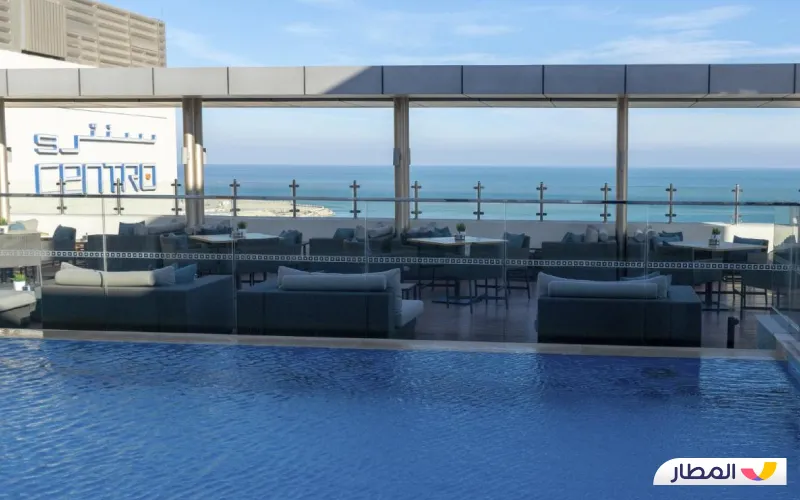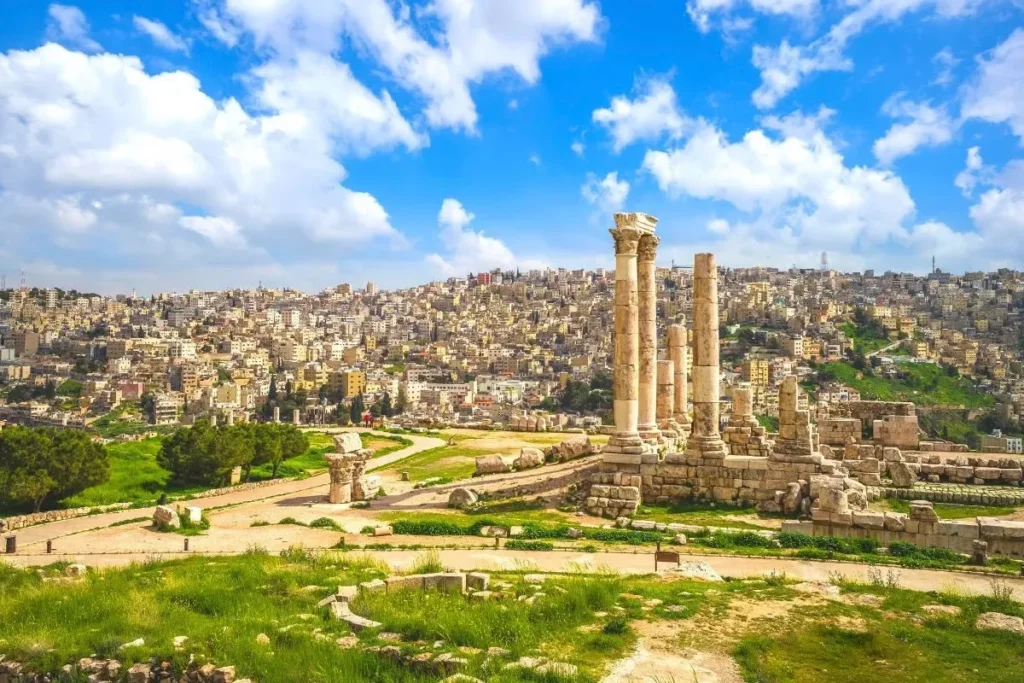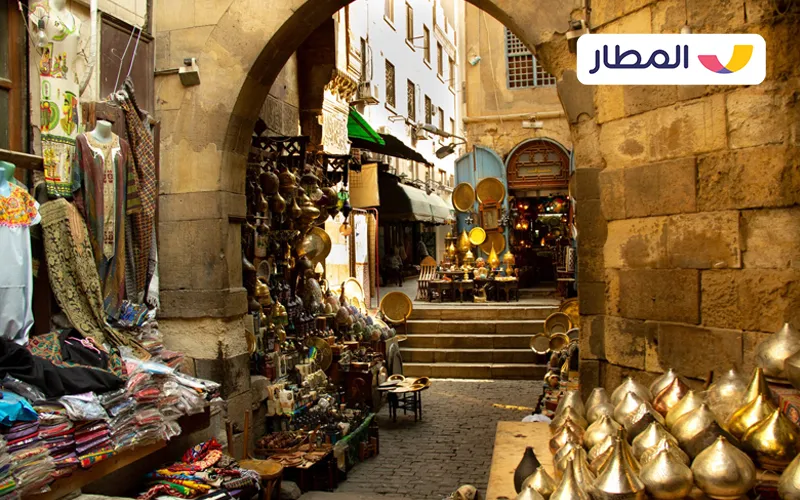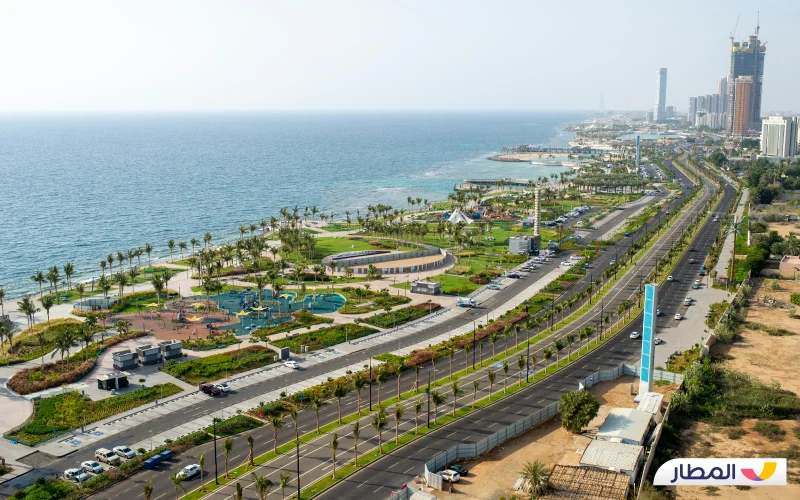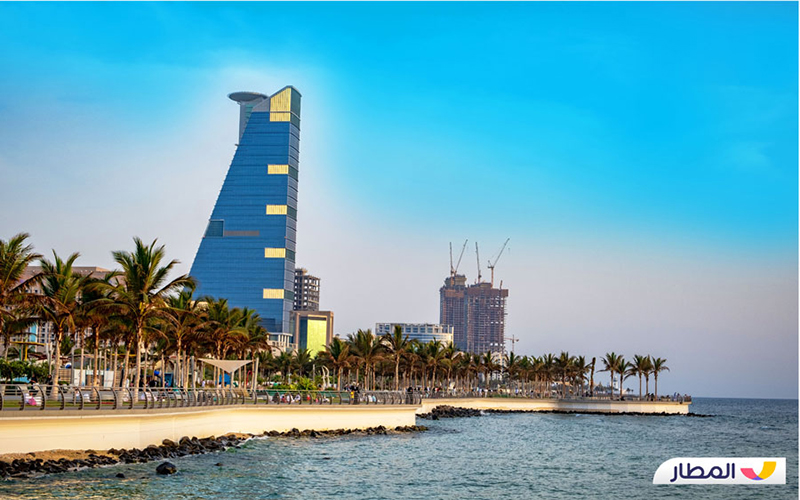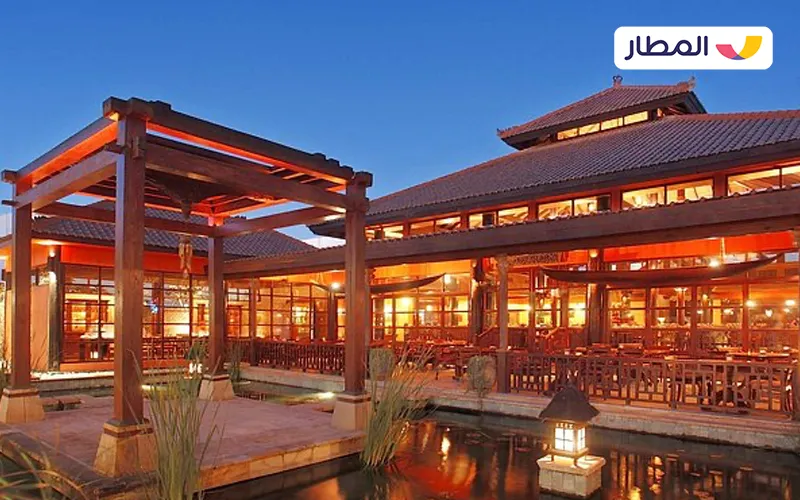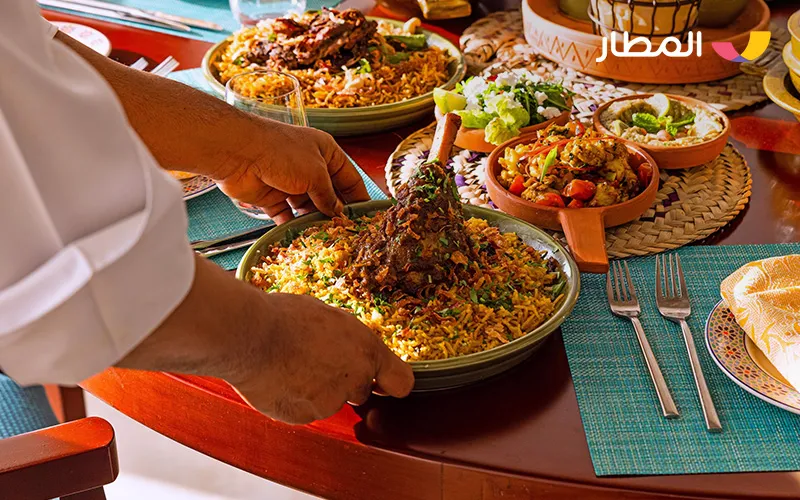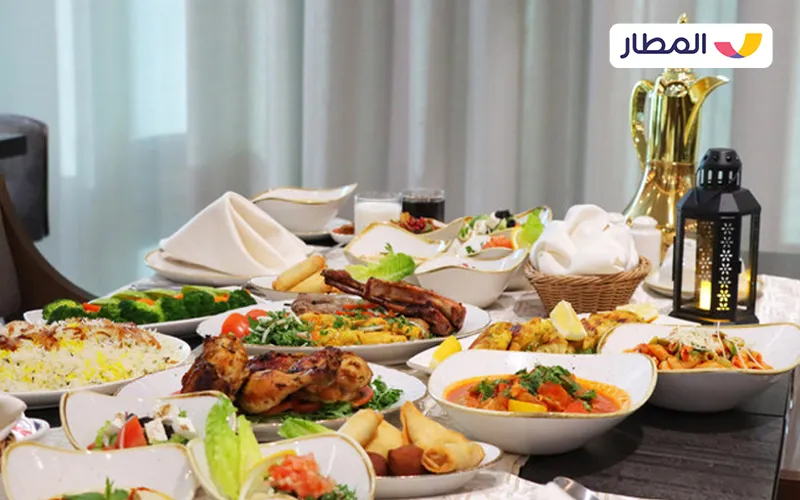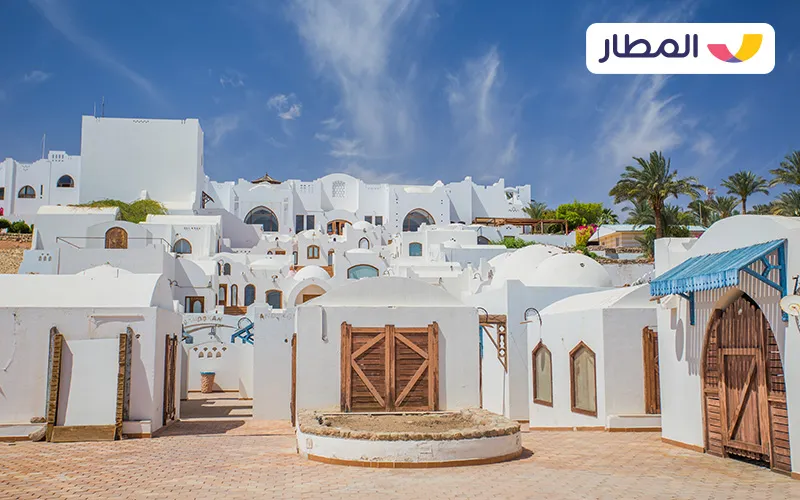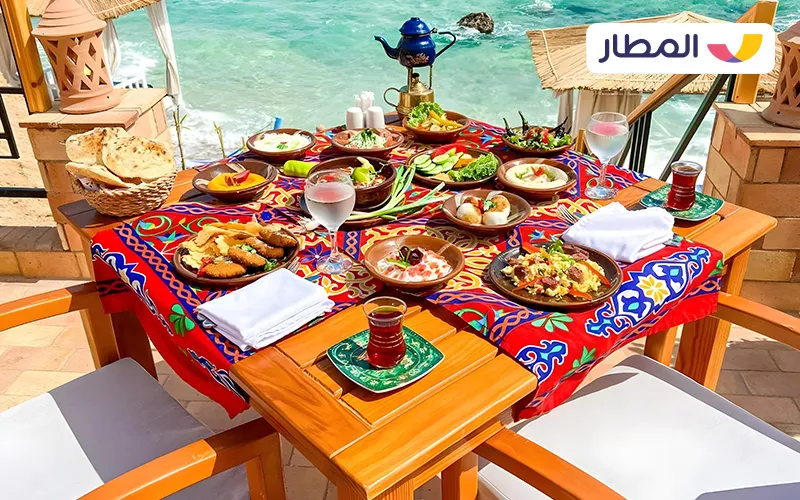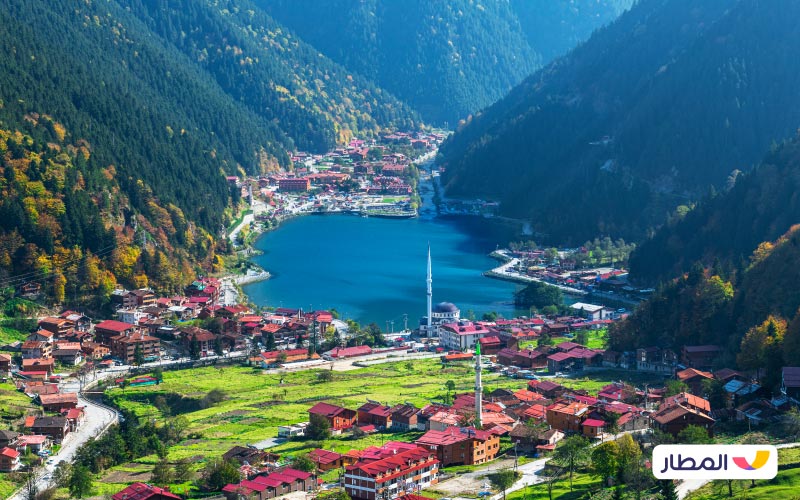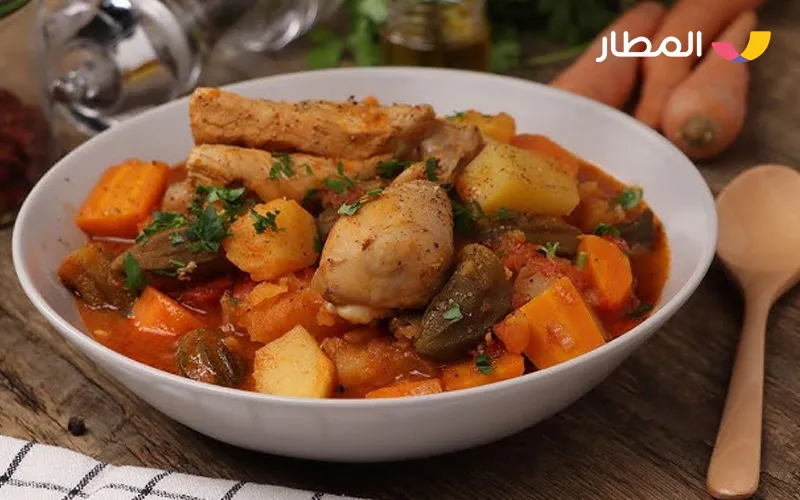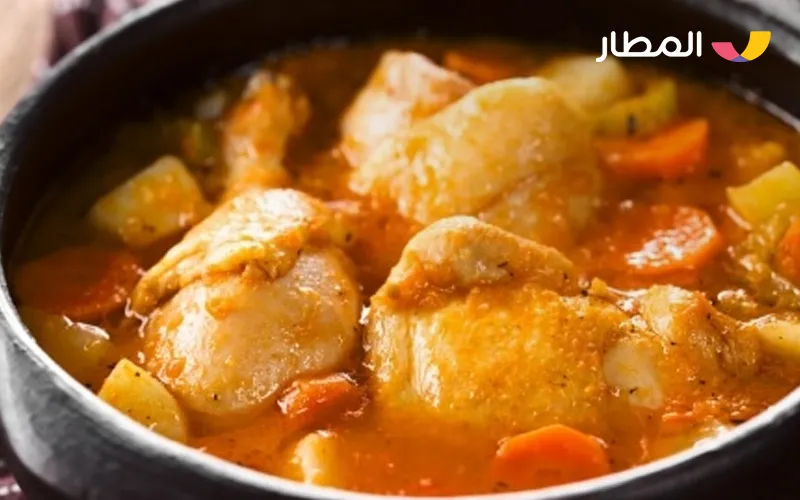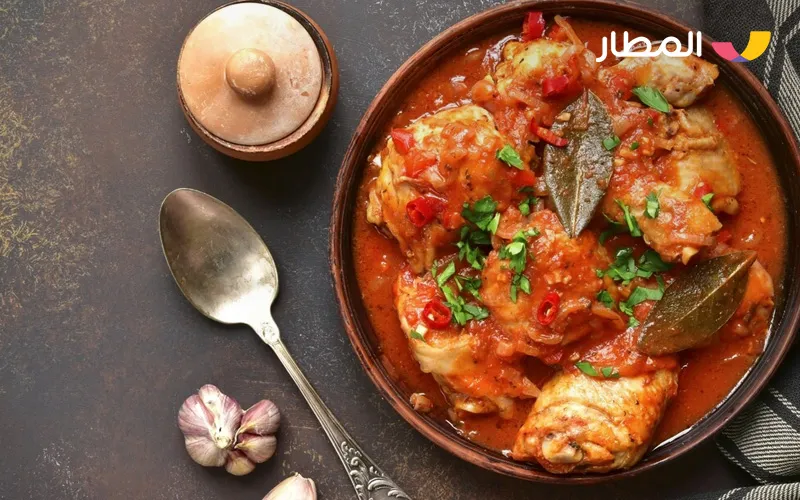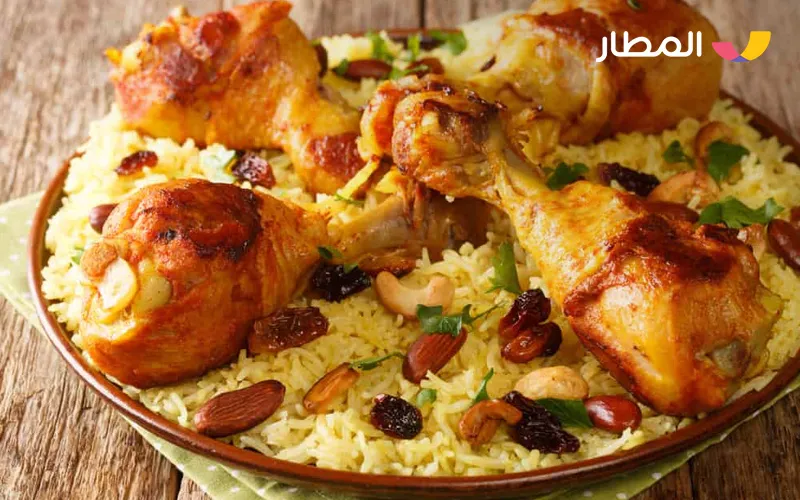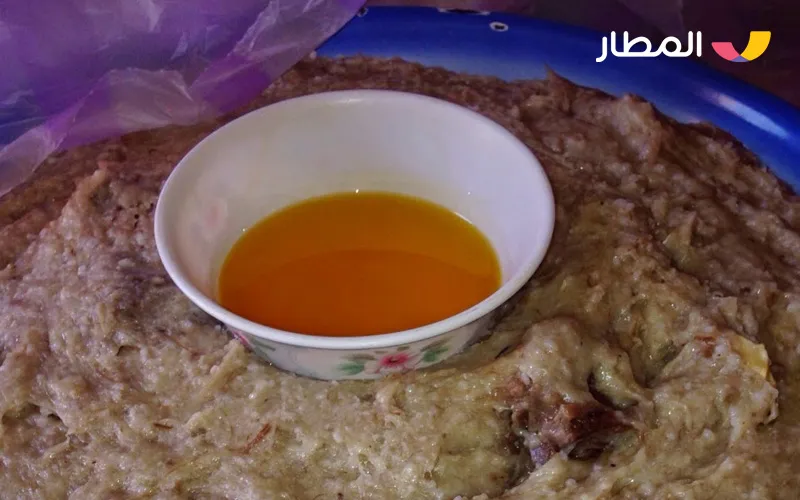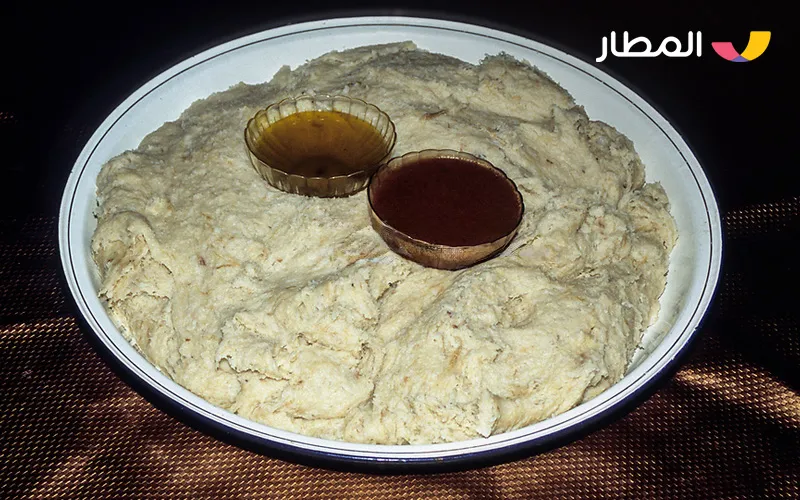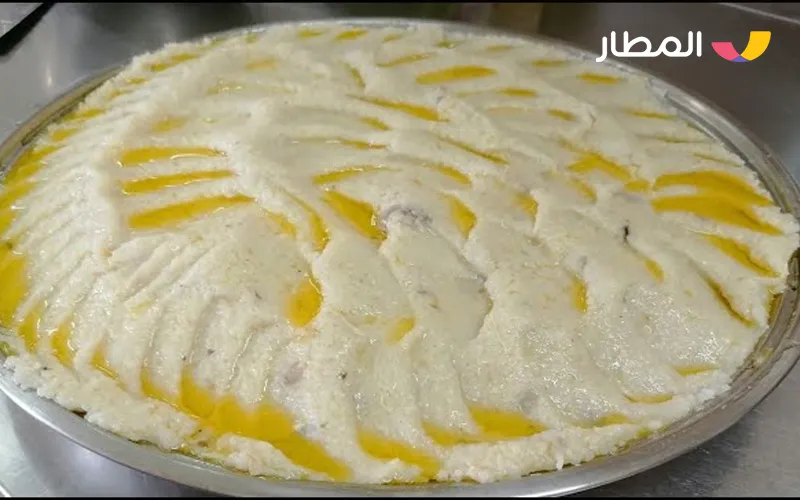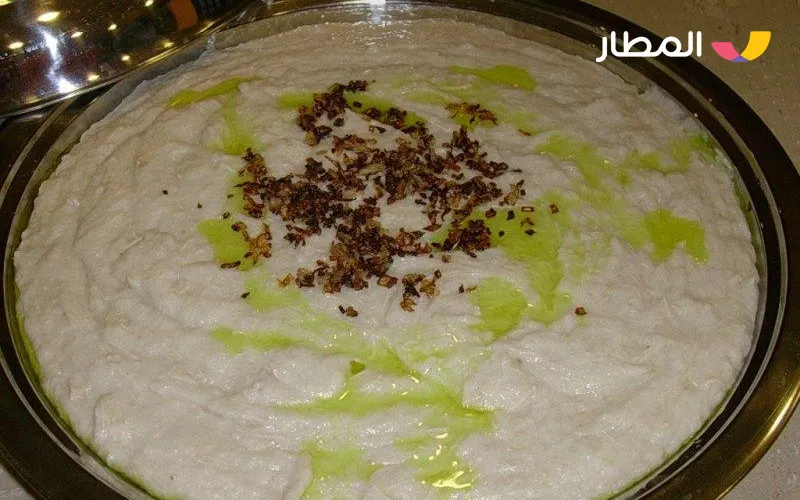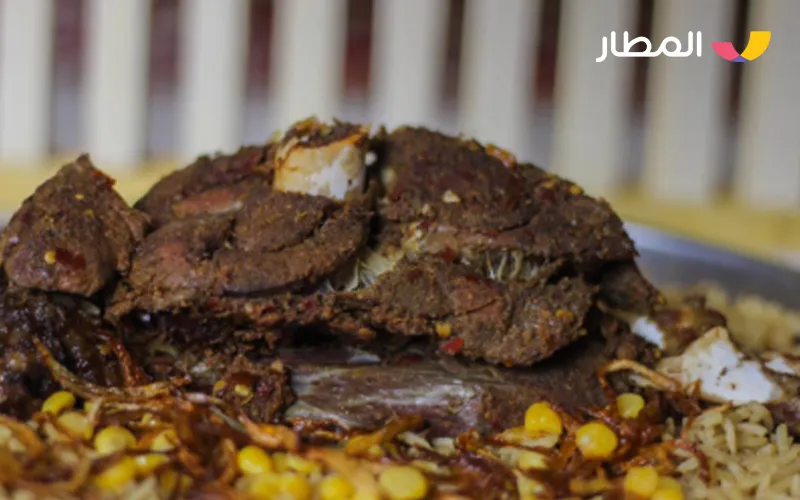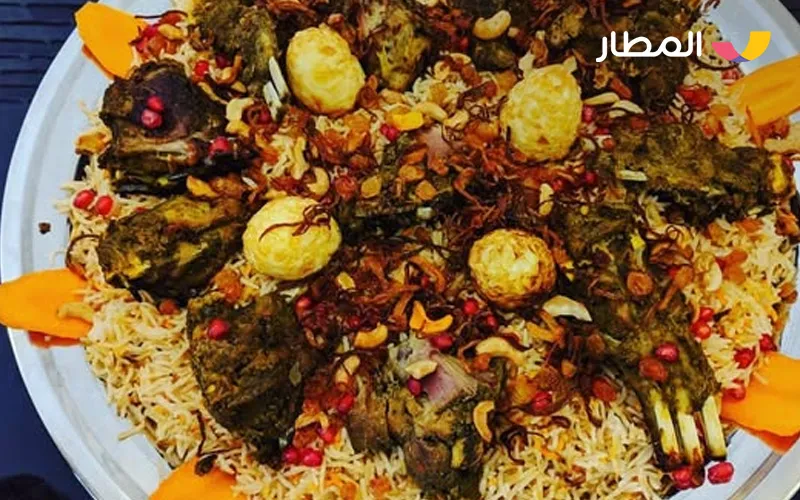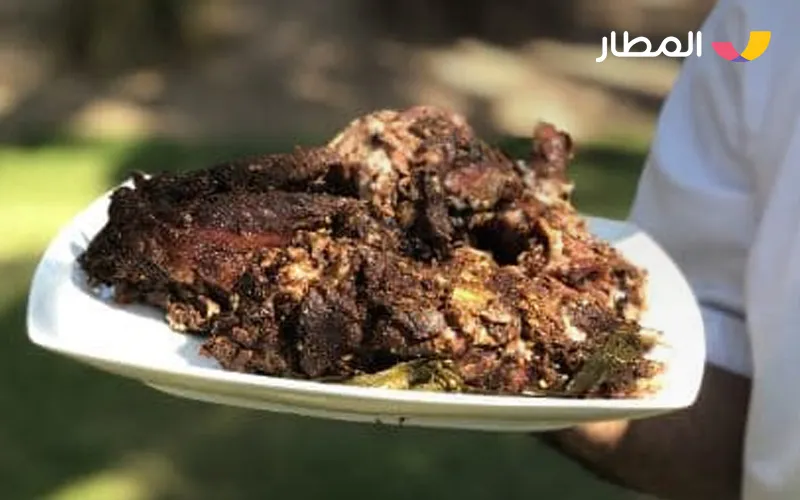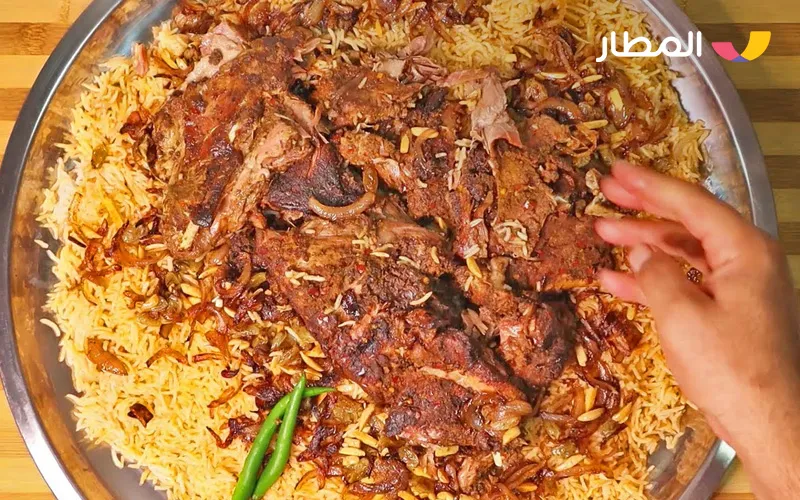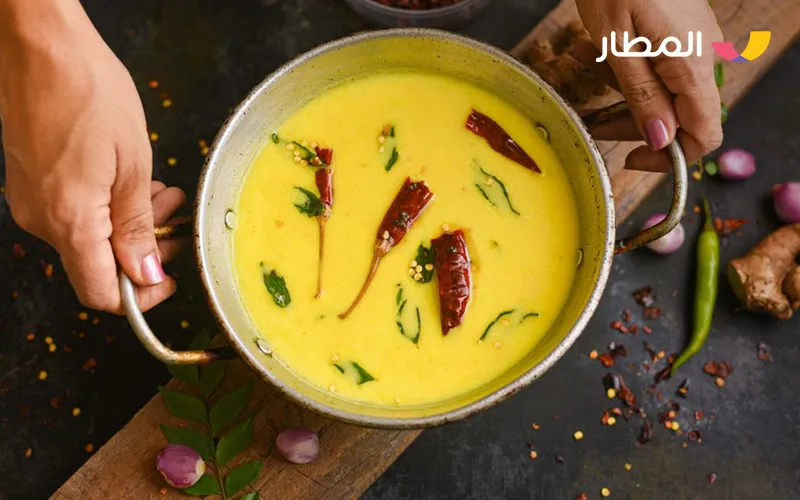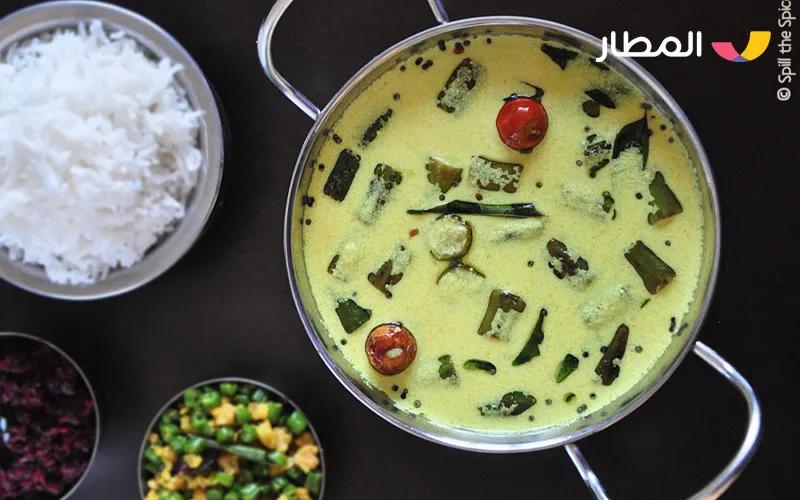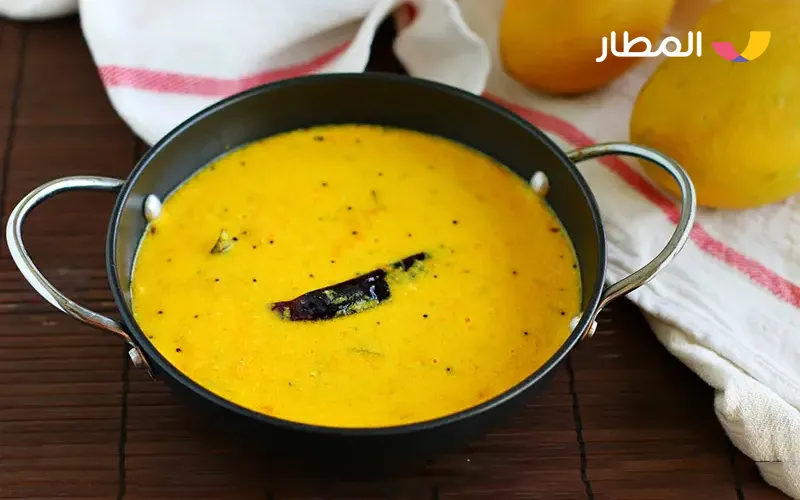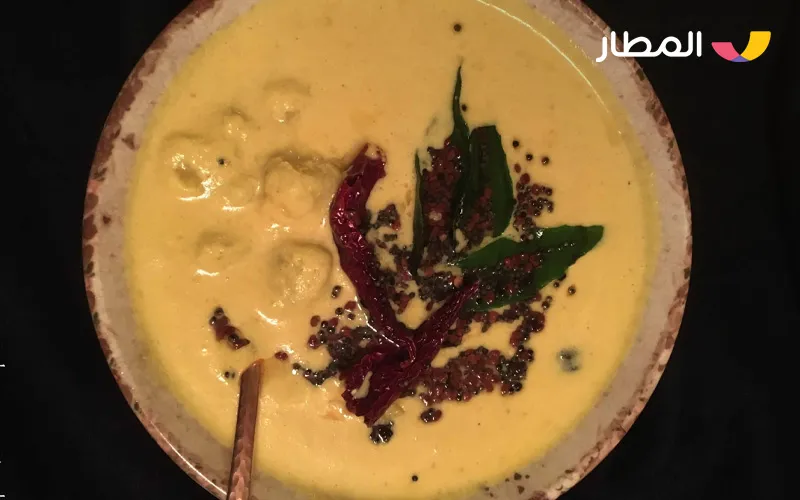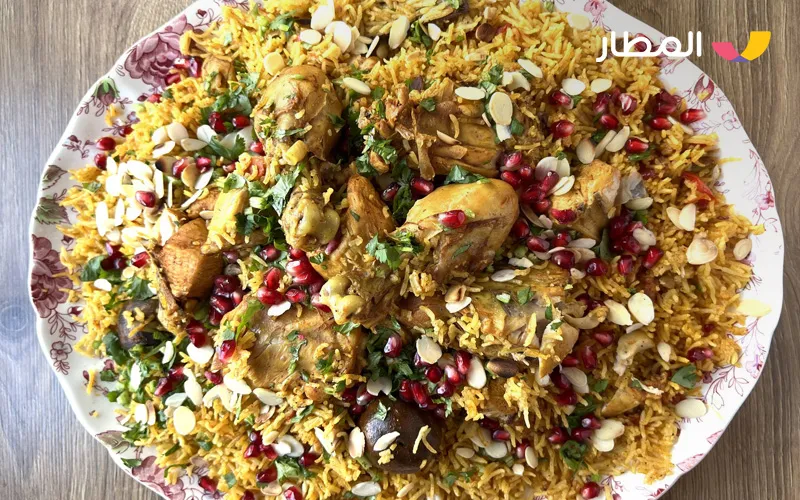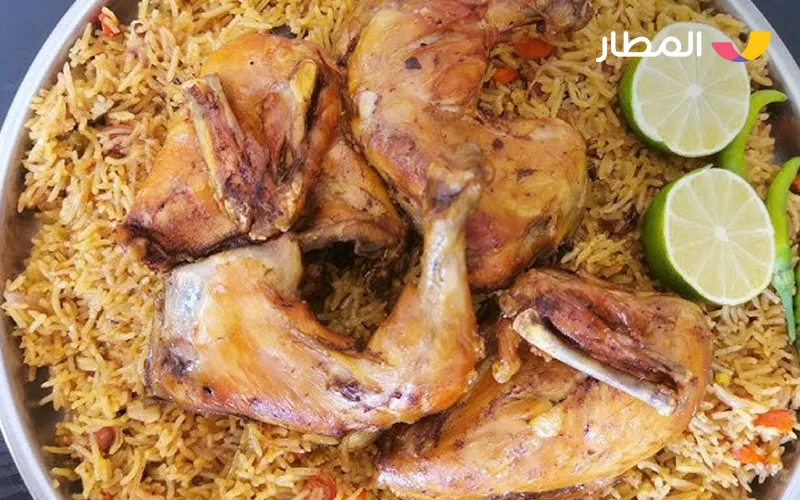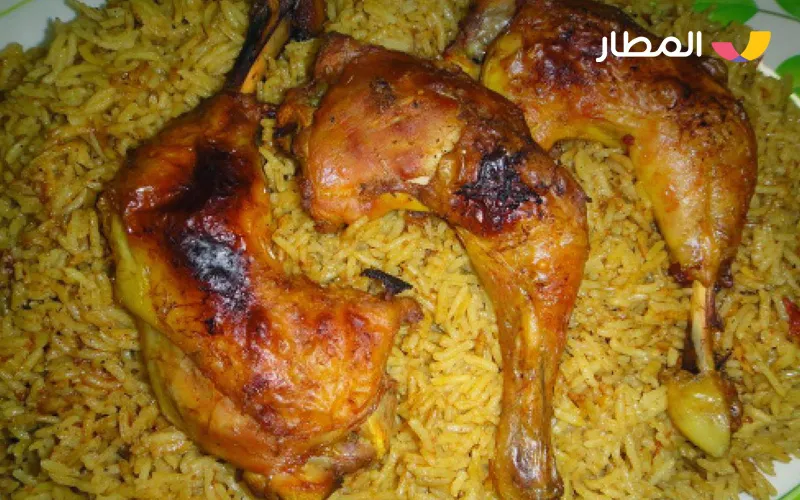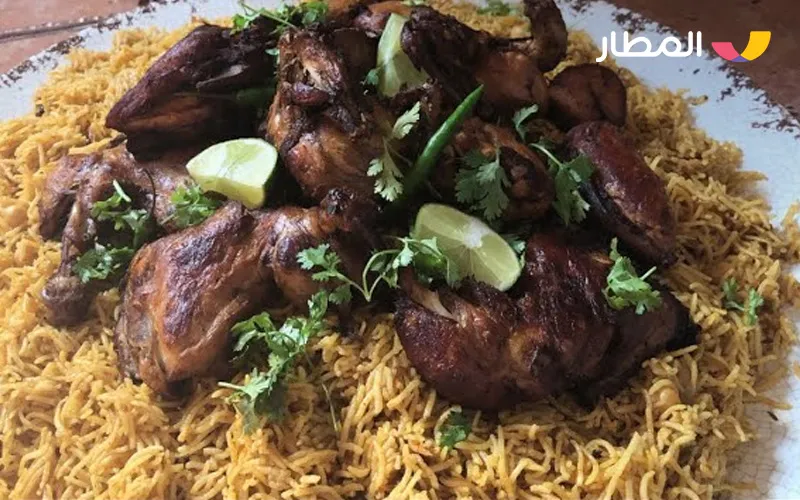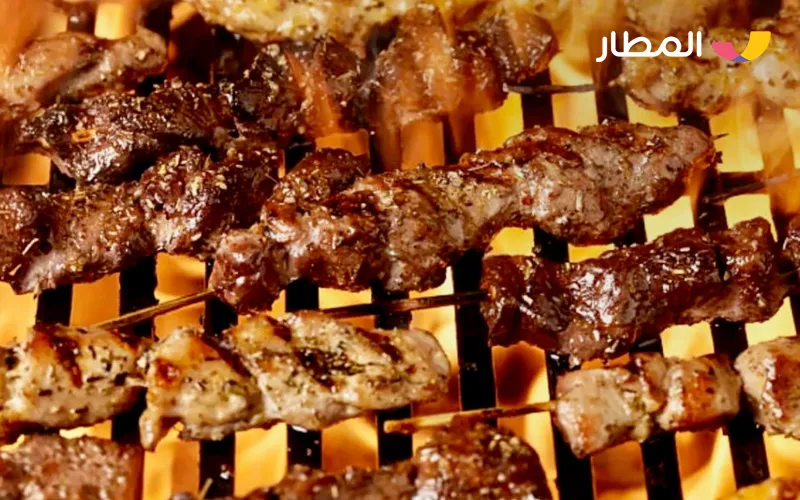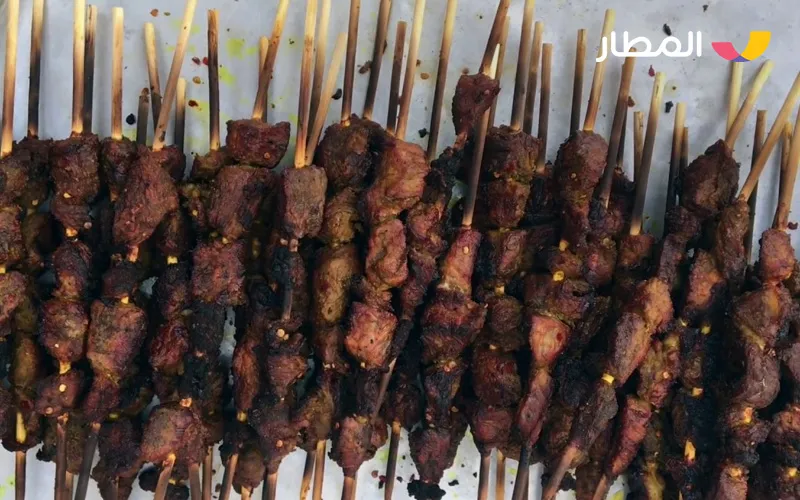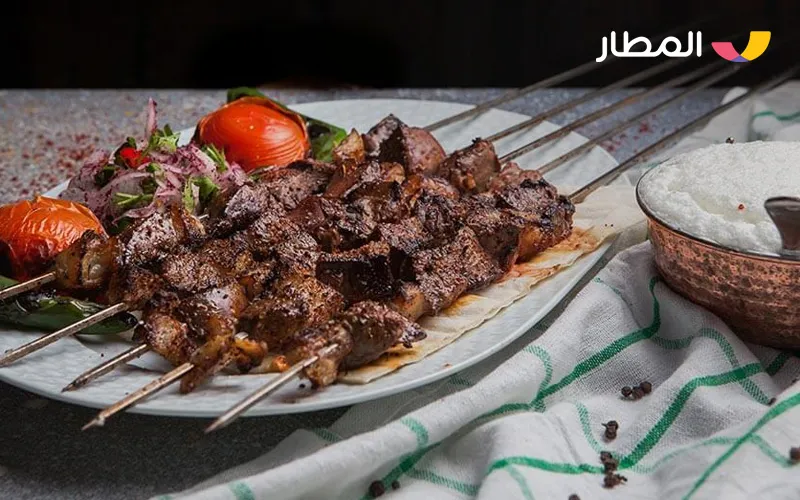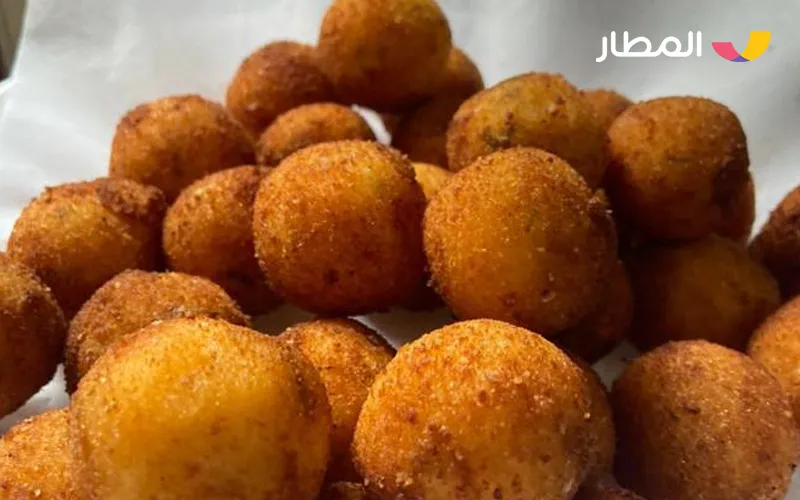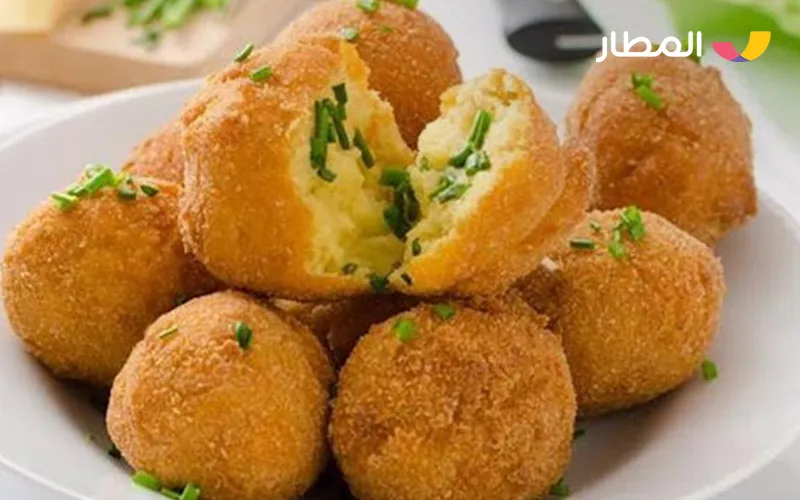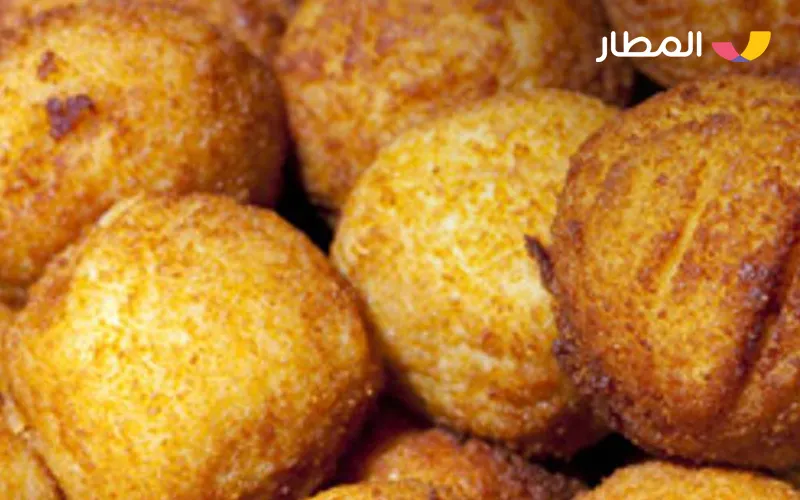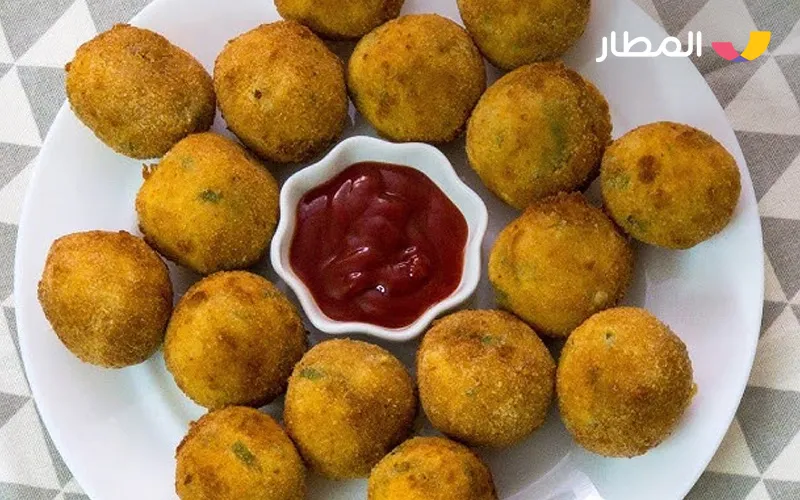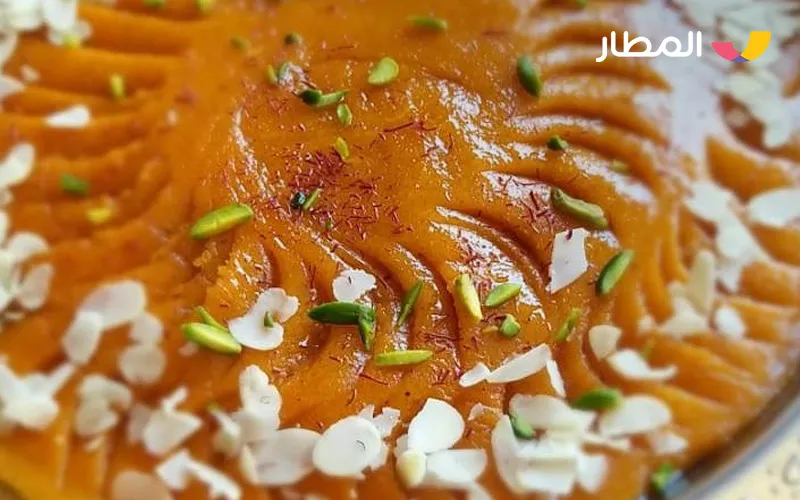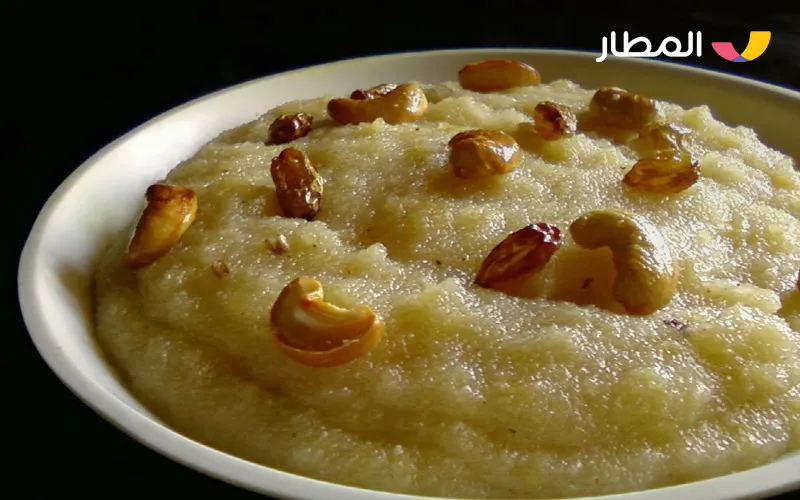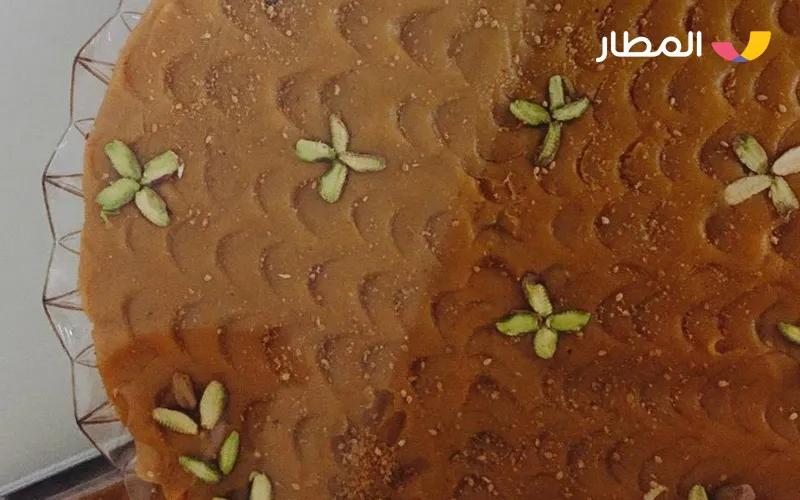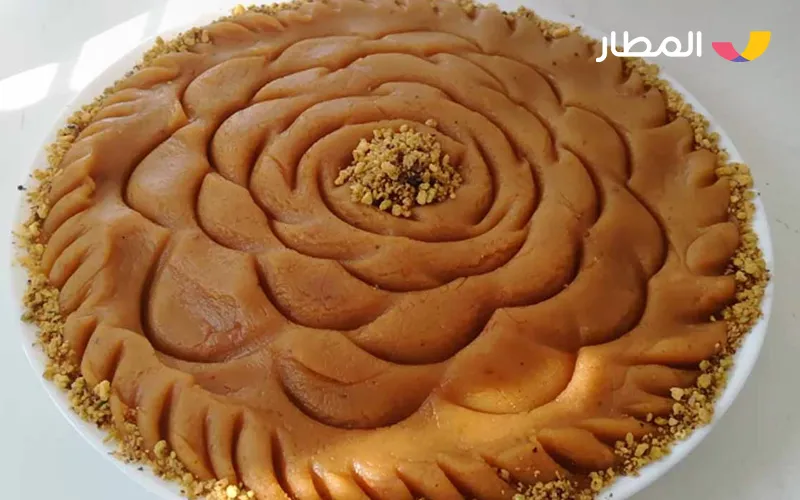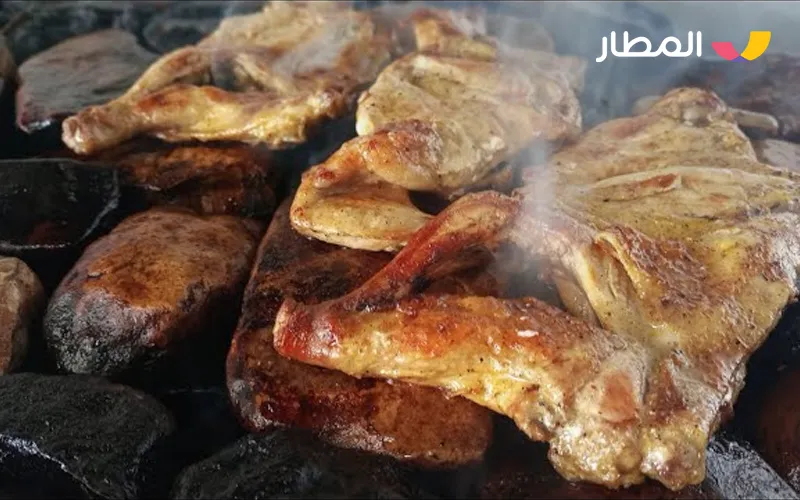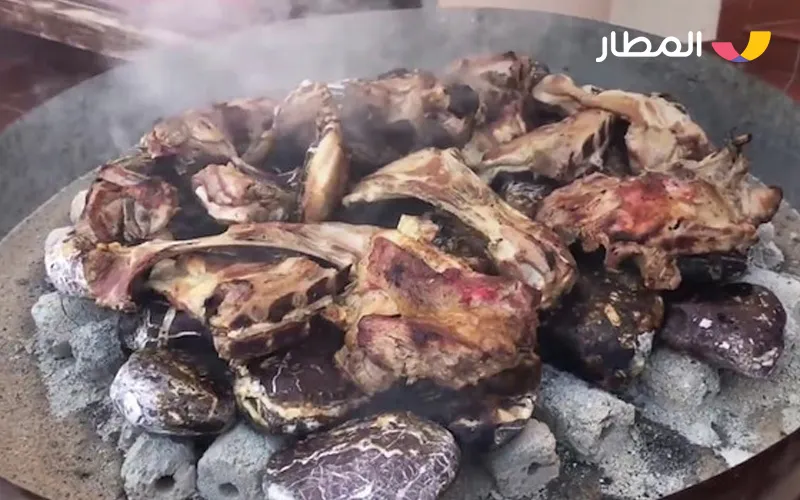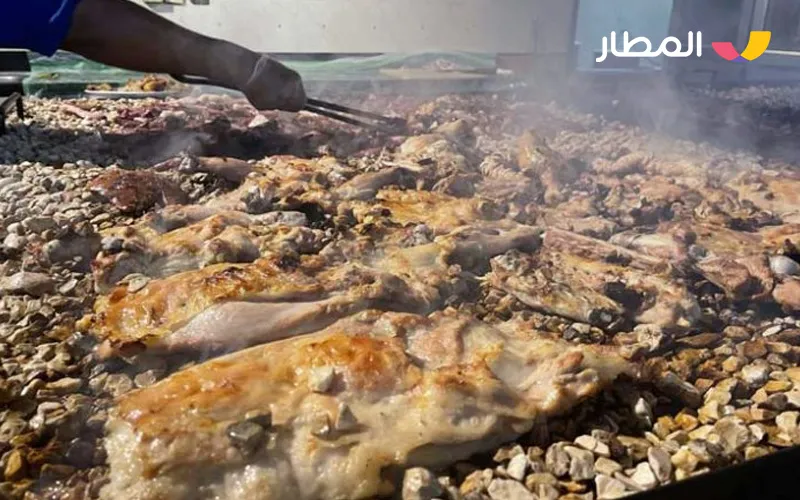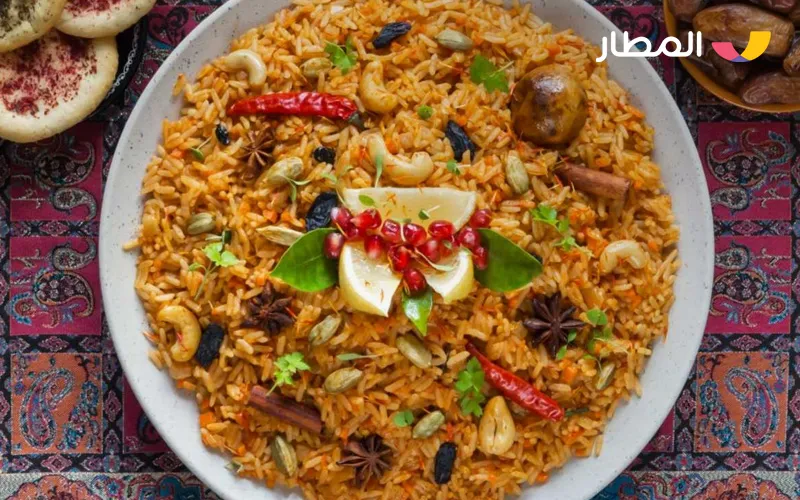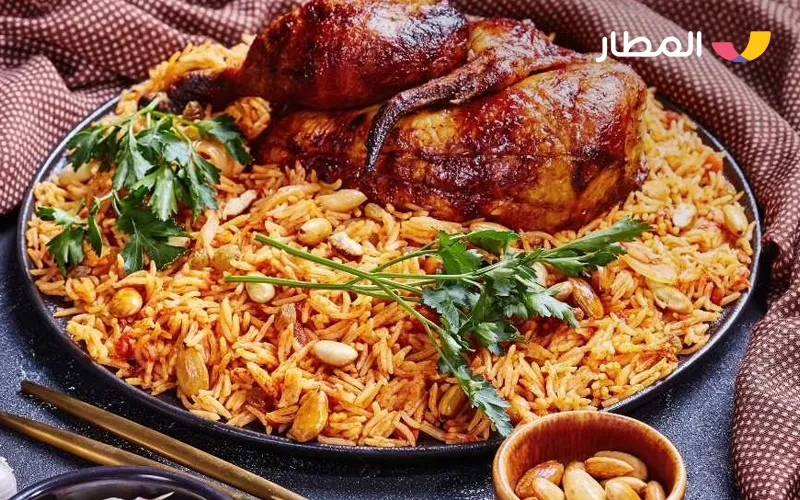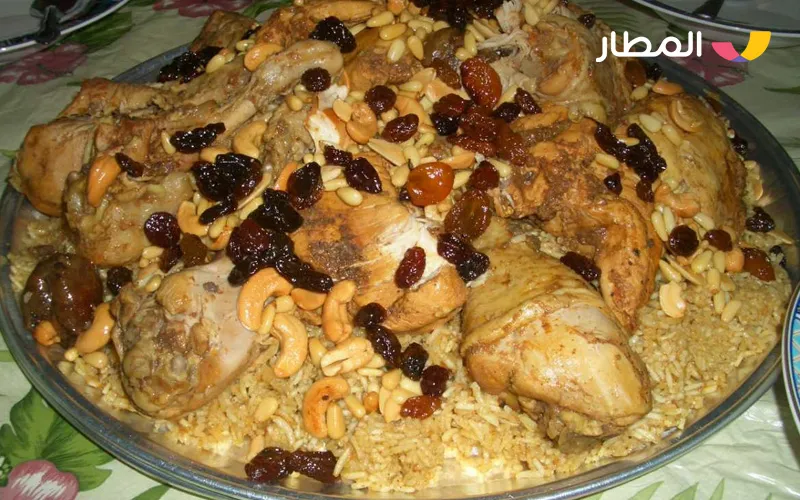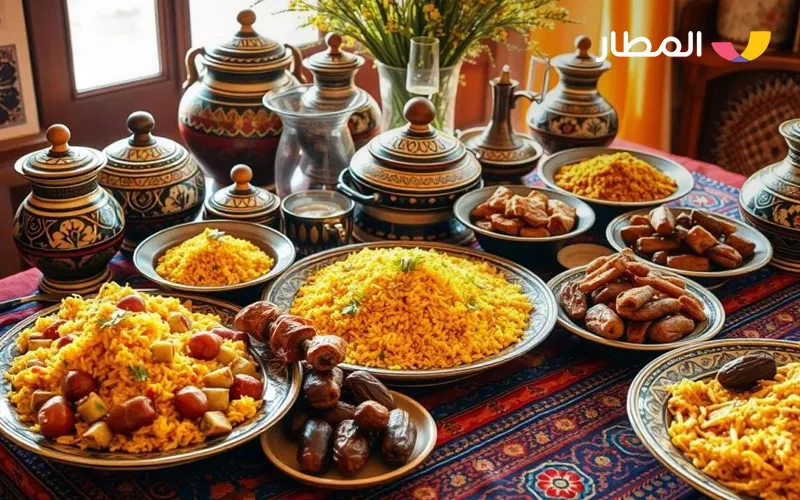Muscat’s 10 Must-Try Local Foods
If you travel to the Sultanate of Oman, you must try the foods in Muscat at its famous restaurants. Trying local food in Muscat will deepen your understanding of Omani cuisine specifically and Gulf cuisine in general.
The Omani cuisine includes many delicious dishes that you will want to order and eat again, even when you revisit Muscat.
What are the features of Omani cuisine?
Omani cuisine reflects aspects of Omani culture and history, as most of its dishes combine the aromatic flavors of local spices such as turmeric, cardamom, and cinnamon with fish or lamb to create very delicious and wonderful dishes.
The local dishes in Muscat’s restaurants rely on natural and simple ingredients like lamb, fish, rice, and dates, giving them a healthy and tasty character.
Omani cuisine is characterized by diverse cooking methods, ranging from direct grilling on hot stones to slow underground cooking, giving the dishes a unique taste.
Traditional dishes such as Omani Shuwa, Mazbi, and Arsiya reflect the spirit of Omani generosity and hospitality, where food is served generously during special occasions.
Historically, Omani cuisine has been influenced by spice traders from India and East Africa, adding remarkable diversity while also being influenced by its Arab surroundings, especially the southern and eastern parts of the Arabian Peninsula.
Finally, the Omani dining experience is crowned by serving Arabic coffee, dates, and traditional sweets at the end of the meal, reflecting authentic Arab heritage with a beautiful Omani Gulf spirit.
10 Local Dishes in Muscat You Must Try
The list of local dishes in Muscat is long and includes many delicious meals, but we will highlight 10 of the most famous ones, which are:
- Saloonah
- Arsiya
- Omani Shuwa (Madhfoon)
- Kootan
- Makbous
- Mashakeek
- Katchori
- Khabisa
- Mazbi
- Ma’soor Al-Awal
Saloonah
Omani Saloonah is one of the traditional dishes served in Muscat restaurants.
The Saloonah dish is known for its rich taste and aromatic flavors and consists of meat, chicken, or fish with various vegetables such as potatoes, tomatoes, and eggplants, cooked with a blend of Omani spices like turmeric, cumin, and cinnamon.
It is usually served with white rice or Omani bread, making it a hearty meal ideal for feasts and family gatherings.
This dish is easy to prepare and has a warm flavor, making it a true representation of the authenticity of Omani cuisine.
Arsiya
Arsiya is a staple dish during special occasions and holidays.
It consists of well-cooked chicken with rice, mashed together until a smooth and soft mixture is achieved, seasoned with salt and simple spices.
Arsiya is usually served with local ghee or butter, adding a rich and creamy taste.
It is considered one of the favorite dishes in Muscat due to its simplicity and unique presentation that reflects Omani hospitality.
Omani Shuwa (Madhfoon)
Omani Shuwa, also known as Madhfoon, is a traditional, iconic dish often served during special occasions and holidays in Oman.
It is prepared by marinating meat (usually lamb or goat) with a blend of Omani spices such as turmeric, cardamom, cinnamon, and salt, then wrapping it in palm leaves or foil.
The meat is buried in an underground pit filled with hot coals and completely covered with soil, slow-cooking for 24 to 48 hours, giving it a smoky flavor and extremely tender texture.
It is served with spiced rice or Omani bread, making it a complete meal that reflects Omani hospitality and generosity.
Kootan
Kootan is a traditional dish from Omani cuisine, mainly prepared with dried or salted fish and rice.
The fish is soaked in water to remove excess salt, then cooked with onions and Omani spices such as turmeric and black pepper to enhance the flavors.
The cooked rice is mixed with the seasoned fish, giving it a rich and distinctive taste.
Kootan is often served with fresh salads or yogurt, balancing the salty and spicy flavors.
This dish is popular in the coastal areas, including Muscat, showcasing the simplicity and heritage of Omani cuisine.
Makbous
Makbous is prepared using basmati rice cooked with meat or chicken and seasoned with a blend of Omani spices such as turmeric, cardamom, cinnamon, cloves, and saffron, giving it a wonderful golden color.
The meat or chicken is cooked separately until fully tender, then mixed with the rice and spices to blend the flavors well.
Makbous is usually served with spicy sauce (Daqoos) or yogurt, adding a pleasant balance of flavors.
Mashakeek
Mashakeek consists of small pieces of meat (often lamb or chicken) marinated in a mix of Omani spices such as turmeric, cumin, black pepper, and garlic, then grilled over charcoal.
The meat is skewered on wooden or metal sticks, giving it a smoky, delicious flavor.
Mashakeek is often served with Omani bread or rice and sometimes with spicy daqoos sauce for extra flavor.
It is a simple yet flavorful dish, making it a favorite in Muscat’s local cuisine.
Katchori
Katchori is a traditional dish inspired by both Omani and Indian cuisines, known for its rich flavors and simplicity.
Katchori consists of fried potato balls coated with a crispy layer.
These balls have a delicious taste thanks to the Omani spices used.
Katchori is easy to prepare and relies on mashed potatoes, spices, and eggs.
It is served hot as a light snack or appetizer and can be found in restaurants serving local dishes in Muscat.
Khabisa
Khabisa is mainly made from finely ground corn flour, cooked with water and salt until it becomes thick.
It has a distinctive, delicious taste and is often served hot with ghee, yogurt, or honey. Khabisa is rich in nutrients and is considered a staple dish in many Omani celebrations and gatherings.
Mazbi
Mazbi is an Omani dish prepared by grilling meat or chicken directly on hot stones above the coals.
The meat is seasoned with salt and Omani spices such as turmeric, cardamom, and cumin, giving it a rich, smoky flavor.
Mazbi is typically served with spiced basmati rice or Omani bread and sometimes garnished with nuts and raisins for an added touch of luxury.
This dish is very popular during celebrations and feasts, reflecting Omani hospitality.
Its origin traces back to traditional Bedouin cooking methods, making it an authentic dish that combines simplicity with deep flavors.
Masoor Al-Awal
Ma’soor Al-Awal is prepared using small dried fish (Awal fish).
The fish is soaked in water to remove excess salt, then cooked with onions, garlic, and Omani spices such as turmeric and black pepper, giving it a rich taste.
The seasoned fish is mixed with cooked rice and stirred well to blend the flavors.
It is usually served with fresh salads or yogurt, balancing the salty and tangy flavors.
This traditional dish reflects the deep connection of the Omani people with the sea and its resources.
Conclusion
While staying in Muscat, you will find many restaurants offering authentic Omani cuisine.
Do not miss the opportunity to try the local dishes in Muscat, as they are incredibly delicious, featuring unique ingredients and spices that give the food a concentrated and delightful taste. Explore the top restaurants in Muscat that serve local food and visit them during your stay at a nearby hotel.

